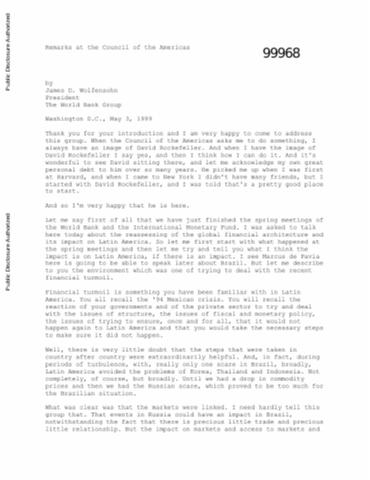Numero non thématique
En conclusion, des informations actuelles, fiables et transparentes sur le secteur forestier sont un ingrdient vital du processus d'amnagement durable. Toutes les organisations et institutions engages dans la gestion durable des forts devraient exploiter les moyens offerts par Internet pour coordonner et relier les serveurs et optimiser ainsi la valeur des informations disponibles. Comme promis dans la prcdente dition, ce numro d'Unasylva contient de nouveaux articles sur le dveloppement durable des montagnes, qui viennent ainsi complter le tour d'horizon de la question.


